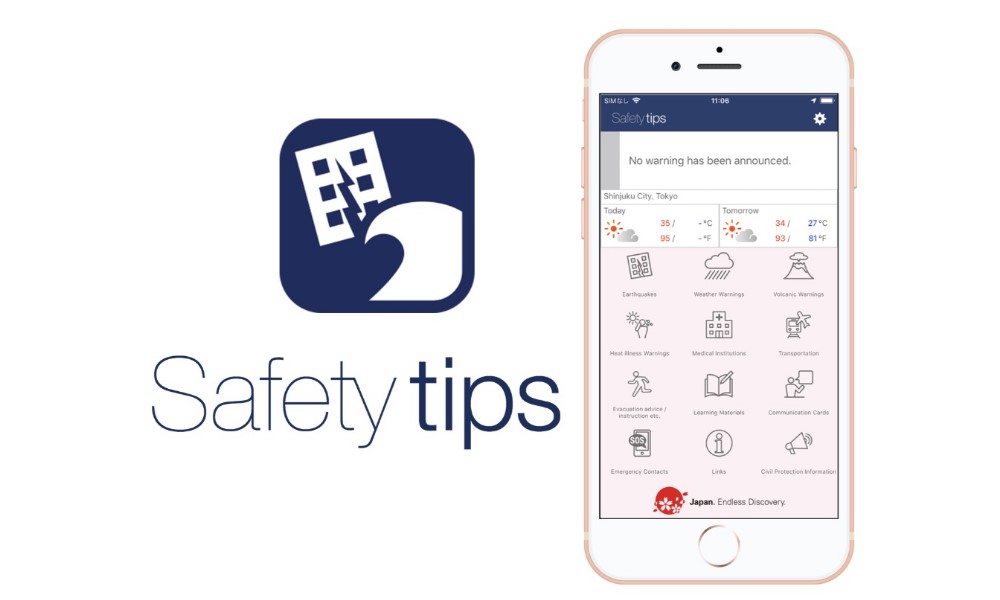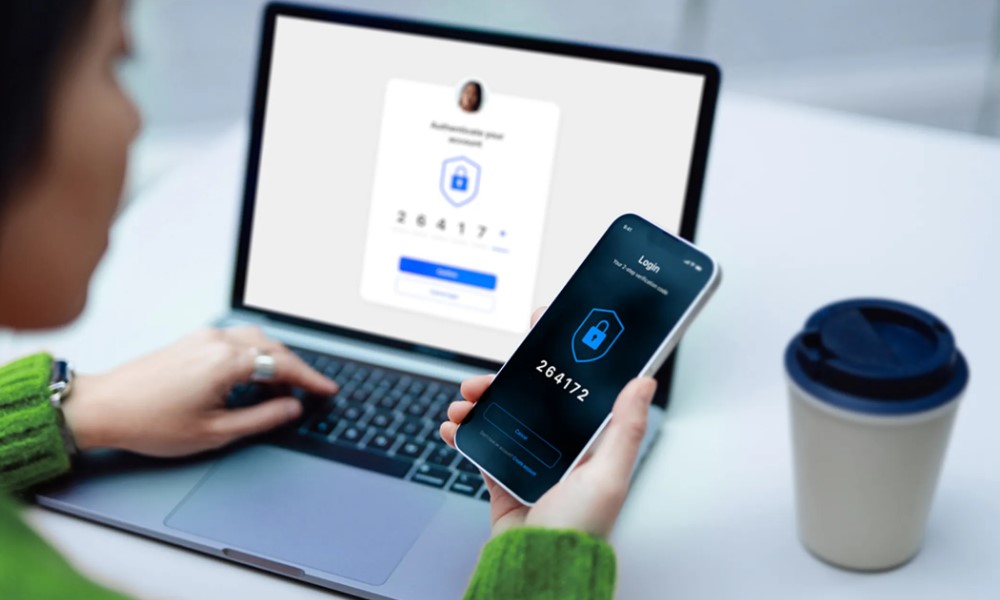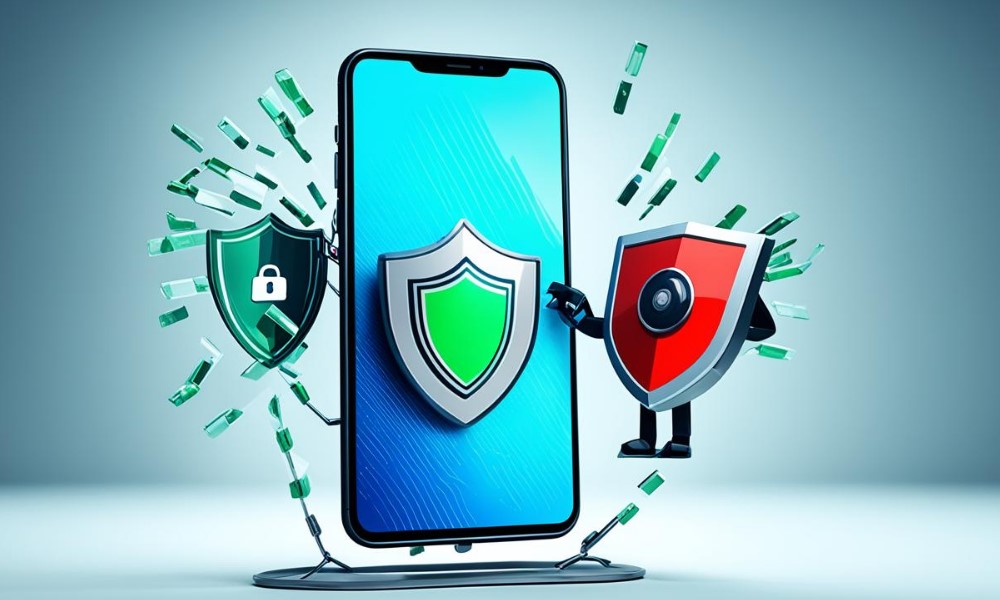Top 5 Application Safety Tips for Securing Your Devices
In today’s digital landscape, application safety has become a crucial concern for individuals and businesses. The increase in online threats such as data breaches, malware, and phishing attacks makes it essential to adopt effective security practices for all types of applications—whether they are installed on smartphones, computers, or other devices. Ensuring that your applications are secure not only protects your data but also enhances your overall digital experience by reducing the risk of exploitation.
Why Application Safety is Essential

The primary purpose of focusing on application safety is to protect sensitive data and prevent unauthorized access. Many applications today handle personal information such as financial data, communication history, and location tracking, making them prime targets for cybercriminals.
Some key reasons why application safety should be a top priority include:
- Data Protection: Applications often store sensitive information, including financial details, health records, and personal messages. By securing these applications, you help prevent data breaches that could lead to identity theft or financial loss.
- Malware Prevention: Malware can infiltrate devices through compromised or poorly secured applications, which can then corrupt files, steal information, or even render devices inoperable.
- Ensuring Compliance: For businesses, application security helps ensure compliance with data protection regulations such as the General Data Protection Regulation (GDPR) and other local data privacy laws. Non-compliance can result in hefty fines and reputational damage.
- Securing Communication Channels: Many applications are designed for communication purposes, including messaging and video conferencing. Keeping these applications secure ensures that private conversations remain private and protected from prying eyes.
Key Components of Application Safety Tips

Application safety is critical for protecting personal data, preventing cyberattacks, and ensuring smooth operation across devices. Here are the key components of application safety:
- Strong Passwords and Multi-Factor Authentication (MFA): A strong password combines letters, numbers, and symbols, and MFA adds an extra layer of security by requiring additional verification. This minimizes the risk of unauthorized access.
- Regular Application Updates: Developers frequently release updates to fix vulnerabilities. Keeping applications up-to-date ensures that known security loopholes are patched, protecting your device from potential threats.
- Download Apps from Trusted Sources: Only download applications from verified app stores like Google Play or Apple’s App Store. Unofficial sources increase the risk of malware and malicious attacks.
- Review App Permissions: Before installing or updating apps, check the permissions they request. Apps that ask for unnecessary access to personal data or features can be a security risk.
- Use Security Software: Mobile security apps provide real-time protection against malware, scan for vulnerabilities, and monitor app behavior, safeguarding your device from potential threats.
- Data Backups: Regularly back up your data to the cloud or external storage to prevent data loss from attacks or system failures.
Top 5 Application Safety Tips for 2024

Here are five key safety tips that will help you secure your applications and protect your data:
1. Use Strong Passwords and Multi-Factor Authentication (MFA)
Passwords remain the first line of defense against unauthorized access. However, weak passwords are often the easiest target for cyberattacks. To safeguard your applications, it’s important to use strong, unique passwords for each of your applications.
- Strong Password Guidelines: A strong password should be at least 12 characters long and include a mix of uppercase and lowercase letters, numbers, and special characters. Avoid using easily guessable information such as names, birthdays, or simple sequences.
- Multi-Factor Authentication (MFA): MFA adds an extra layer of security by requiring users to provide additional verification, such as a one-time password (OTP) sent to their mobile device or email. Even if someone manages to steal your password, they won’t be able to access the application without the second authentication factor.
Implementing both strong passwords and MFA significantly reduces the risk of unauthorized access to your applications.
2. Keep Applications Updated
One of the most effective ways to enhance application safety is by regularly updating your apps. Developers release updates not only to add new features but also to fix vulnerabilities that may have been discovered since the previous version. These vulnerabilities can be exploited by cybercriminals if left unpatched.
- Enable Automatic Updates: Many applications allow users to enable automatic updates, ensuring that the latest security patches are applied without any manual intervention.
- Security Patches: Failing to update apps can leave you exposed to known security issues, as outdated versions of software are often targeted by hackers. Regular updates ensure that any security loopholes are closed.
By keeping your applications up-to-date, you minimize the risk of exploitation through known vulnerabilities.
3. Install Applications from Trusted Sources Only
The source from which you download applications plays a major role in determining their safety. Downloading apps from unverified or unofficial sources significantly increases the risk of installing malware or other malicious software.
- Official App Stores: Only download apps from official platforms such as Google Play Store or Apple’s App Store. These stores have stringent security protocols in place to review applications for malicious behavior before making them available to users.
- Verify Permissions: When installing an app, always review the permissions it requests. An app that asks for access to your location, contacts, or camera without a valid reason may be attempting to collect data unnecessarily. Only grant permissions that are essential for the app’s functionality.
By avoiding unofficial downloads and reviewing app permissions carefully, you can greatly reduce your exposure to potential threats.
4. Use Trusted Mobile Security Apps
To further protect your applications and devices, consider using mobile security apps. These apps are designed to detect and remove malware, monitor app behavior, and scan for vulnerabilities that could be exploited by cybercriminals.
- Real-Time Malware Scanning: Mobile security apps continuously scan your device for malicious files or applications. This real-time protection ensures that any threats are detected and neutralized before they can cause harm.
- App Vulnerability Scanning: Some security apps can scan installed applications to identify vulnerabilities and suggest corrective actions, such as uninstalling or updating compromised apps.
A reliable mobile security app can act as a comprehensive defense system for your devices, ensuring that your applications remain safe and secure.
5. Regularly Backup Your Data
Backing up your data is one of the most important security measures you can take. In the event of a cyberattack, accidental data loss, or device failure, having a backup ensures that you can recover your data quickly and efficiently.
- Cloud Backups: Services like Google Drive, iCloud, and Dropbox offer automatic backups of your files and data. By storing backups in the cloud, you can easily restore your information from any device in case of an emergency.
- External Backups: For added security, consider backing up important data to an external storage device, such as a hard drive or USB. This ensures that your data is safe even if your device or cloud account is compromised.
Regular backups help you recover from any data loss scenario, minimizing downtime and stress.
Top 5 Mobile Security Products for Application Safety
To further bolster your application safety, here are five leading mobile security products that can help protect your devices from threats. These products offer various features, including real-time protection, app scanning, and privacy monitoring.
1. Norton Mobile Security
Norton Mobile Security is a comprehensive security solution designed to protect smartphones and tablets. It offers real-time protection against malware, phishing, and Wi-Fi threats.
- Key Features: Malware protection, Wi-Fi security, vulnerability scanning.
- Price: $30/year
- Website: Norton Mobile Security
Use Case: Norton is ideal for users who frequently connect to public Wi-Fi networks and require robust protection against malware and phishing attempts.
2. Bitdefender Mobile Security
Bitdefender Mobile Security provides advanced protection, including malware detection, app lock, and privacy monitoring. It also includes a VPN for secure browsing.
- Key Features: Anti-theft protection, malware scanning, VPN included.
- Price: $14.99/year
- Website: Bitdefender Mobile Security
Use Case: This product is perfect for users who prioritize privacy monitoring and need a security app with built-in VPN functionality for secure online browsing.
3. Kaspersky Mobile Security
Kaspersky is well-known for its powerful antivirus engine and offers excellent protection against malware and phishing. It also includes features such as app lock and web protection.
- Key Features: App lock, web protection, anti-phishing.
- Price: $19.99/year
- Website: Kaspersky Mobile Security
Use Case: Kaspersky is a great choice for users who want comprehensive antivirus protection with an emphasis on safeguarding online browsing and preventing phishing attacks.
4. McAfee Mobile Security
McAfee Mobile Security offers robust protection with features like identity theft monitoring, app privacy checks, and Wi-Fi threat detection.
- Key Features: Identity theft monitoring, app privacy check, Wi-Fi security.
- Price: $29.99/year
- Website: McAfee Mobile Security
Use Case: McAfee is recommended for users concerned about identity theft and who require extensive privacy protection for their applications and online activities.
5. Avast Mobile Security
Avast Mobile Security is a popular option with a free version that offers basic protection and a premium version that adds features like a VPN, app lock, and anti-theft tools.
- Key Features: VPN, app lock, anti-theft, free version available.
- Price: Free or $19.99/year for premium features.
- Website: Avast Mobile Security
Use Case: Avast is suitable for users looking for a reliable free mobile security solution with the option to upgrade to premium features for more comprehensive protection.
Comparison Table: Mobile Security Products
| Product | Use Case | Key Features | Price | Advantages | Disadvantages |
|---|---|---|---|---|---|
| Norton Mobile Security | Public Wi-Fi protection, malware defense | Malware protection, Wi-Fi security | $30/year | Comprehensive protection, easy to use | Higher price than some competitors |
| Bitdefender Mobile Security | Privacy monitoring, VPN, anti-theft protection | Anti-theft, VPN, malware scanning | $14.99/year | Low cost, VPN included | Fewer additional features than others |
| Kaspersky Mobile Security | Phishing protection, browsing safety | App lock, web protection, anti-phishing | $19.99/year | Strong antivirus engine | Limited free features |
| McAfee Mobile Security | Identity theft protection, app privacy checks | Identity theft monitoring, app privacy check, Wi-Fi security | $29.99/year | Privacy protection, identity monitoring | Higher cost for premium features |
| Avast Mobile Security | Free basic protection, premium features available | Free version, VPN, anti-theft | Free or $19.99/year | Free option available, versatile | Ads in the free version, limited free features |
Benefits of Using Mobile Security Products
- Enhanced Security: These mobile security products provide comprehensive protection against malware, viruses, and phishing attacks, ensuring that your devices and applications are safe from cyber threats.
- Data Privacy: Mobile security apps monitor the permissions and behavior of installed applications, alerting you to potential privacy concerns or data leaks.
- Peace of Mind: Having a reliable security app installed allows you to use applications without worrying about vulnerabilities or potential threats.
Where and How to Buy Mobile Security Products
You can purchase these mobile security products through their official websites or from app stores such as Google Play or the Apple App Store. Most products offer both free trials and premium subscriptions, making it easy to find a solution that fits your security needs and budget.
Here are links to buy these products:
- Buy Norton Mobile Security
- Buy Bitdefender Mobile Security
- Buy Kaspersky Mobile Security
- Buy McAfee Mobile Security
- Buy Avast Mobile Security
Frequently Asked Questions (FAQs)
1. What is the best mobile security app in 2024?
The best mobile security app depends on your specific needs. For comprehensive protection, Norton Mobile Security is a top choice, while Avast offers a reliable free solution for users on a budget.
2. Can I use free mobile security apps for protection?
Yes, many free mobile security apps provide basic protection. However, premium versions often offer additional features such as VPNs, anti-theft tools, and identity monitoring.
3. How often should I update my mobile security app?
It is recommended to update your mobile security app regularly, as developers frequently release updates to address new security vulnerabilities.
4. Are mobile security apps worth the cost?
If you store sensitive information on your devices or frequently connect to public Wi-Fi, investing in a mobile security app can provide peace of mind and robust protection against potential cyber threats.
5. How can I improve my overall application security?
In addition to using a mobile security app, ensure that you use strong passwords, enable multi-factor authentication, regularly update your applications, and download apps only from trusted sources.